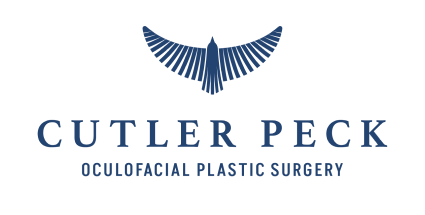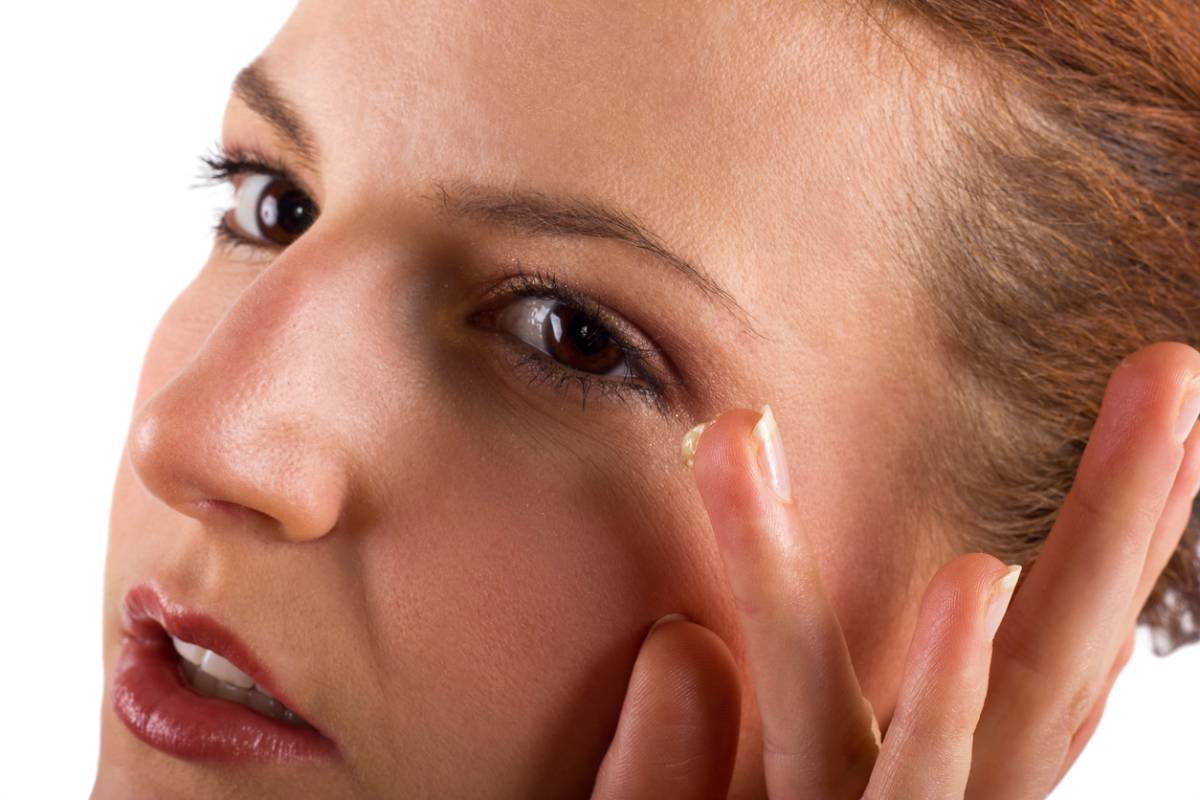A blepharoplasty is a surgery that makes adjustments to the eyelids for either aesthetic or medical reasons. Following the surgery, you will go through a recovery period that often involves the use of a prescribed medicated ointment that should reduce some of the common post-surgical symptoms and prevent infection of the surgical site. Below, we outline how long you should use ointment after blepharoplasty and explain what to expect from your recovery period.
What is a Blepharoplasty?
Blepharoplasty refers to surgery that seeks to modify the shape and appearance of the eyelids. The surgery exists in three main forms: upper blepharoplasty, lower blepharoplasty, and double eyelid blepharoplasty. An upper blepharoplasty addresses issues with sagging of the upper eyelids, namely, ptosis. Lower blepharoplasty alters the lower eyelids and removes puffiness. Double eyelid blepharoplasty is performed on the upper eyelids and serves to edit the patient’s monolids by creating artificial creases.
Which of these you undergo will depend on the issue you are attempting to address with your eyelid surgery.
How Long Should You Use Ointment After Blepharoplasty?
It is common for surgeons to prescribe medicated ointments following the completion of a blepharoplasty procedure. How long you use this ointment following your procedure will depend on a variety of different factors that influence the scope of your overall recovery period from your procedure.
Generally, most patients can expect to need their medicated ointments for at least several weeks following the completion of their procedure. This timeline typically aligns with the period when swelling and other side effects from the surgery are at their peak. When you use your ointment, be sure to properly clean your hands prior to use or apply it with a sterile tool. You will want to spend minimal time interfering with the surgical site and especially do not want to introduce germs that may cause infection.
Preparing for Blepharoplasty
Preparing for blepharoplasty can help ensure that your procedure is a successful one. You can employ the following steps as precautions to give you a higher chance of having a successful procedure:
- Receive a medical evaluation from your physician prior to receiving treatment
- Get plenty of rest leading up to your surgery
- Quit smoking before your procedure
- Adjust any prescription medications as directed
- Adjust your intake of any over-the-counter medications or herbal supplements
In addition, you may need to arrange for a family member or friend to pick you up from the hospital or clinic following your procedure. Make arrangements beforehand to make the process smoother.
Who Is a Good Candidate for Blepharoplasty?
The ideal candidates for blepharoplasty are generally healthy individuals who have an issue with the eyelids that blepharoplasty is equipped to address. These patients should not have any severe conditions that might interfere with the procedure. Tell your doctor if you suffer from any of the following conditions:
- Glaucoma
- Hyperthyroidism
- High blood pressure
- Diabetes
You can discuss with your physician whether they think you have any exceptional circumstances you should pay attention to ahead of your procedure.
Risks of Blepharoplasty
As with any surgical procedure, blepharoplasty has some possible side effects. Staying aware of these possibilities will help you in the rare chance you encounter one. Side effects of blepharoplasty include:
- Dry eyes
- Infection
- Bleeding
- Scarring
- Abnormal appearance of the eyes
The majority of patients will not experience side effects following their blepharoplasty. If you have particular concerns about any of them, you can talk with your physician prior to receiving treatment.
Choosing the Right Surgeon
Arguably, the surgeon who performs the operation has the greatest influence on the success of your blepharoplasty. When selecting a surgeon to perform your blepharoplasty, choose one who is board-certified by the ABPS (American Board of Plastic Surgeons).
Board-certified surgeons are vetted by a jury of their peers who deem them fit to perform oculofacial plastic surgery. Always do your research to determine whether your prospective surgeon is board-certified. It will give you peace of mind as you move forward with your procedure.
Your Friend for Blepharoplasty
Dr. Cutler Peck is an expert eyelid surgeon with a long string of successful procedures under her belt. If you are interested in discussing your eligibility for blepharoplasty, contact Dr. Peck today to set up an appointment.

